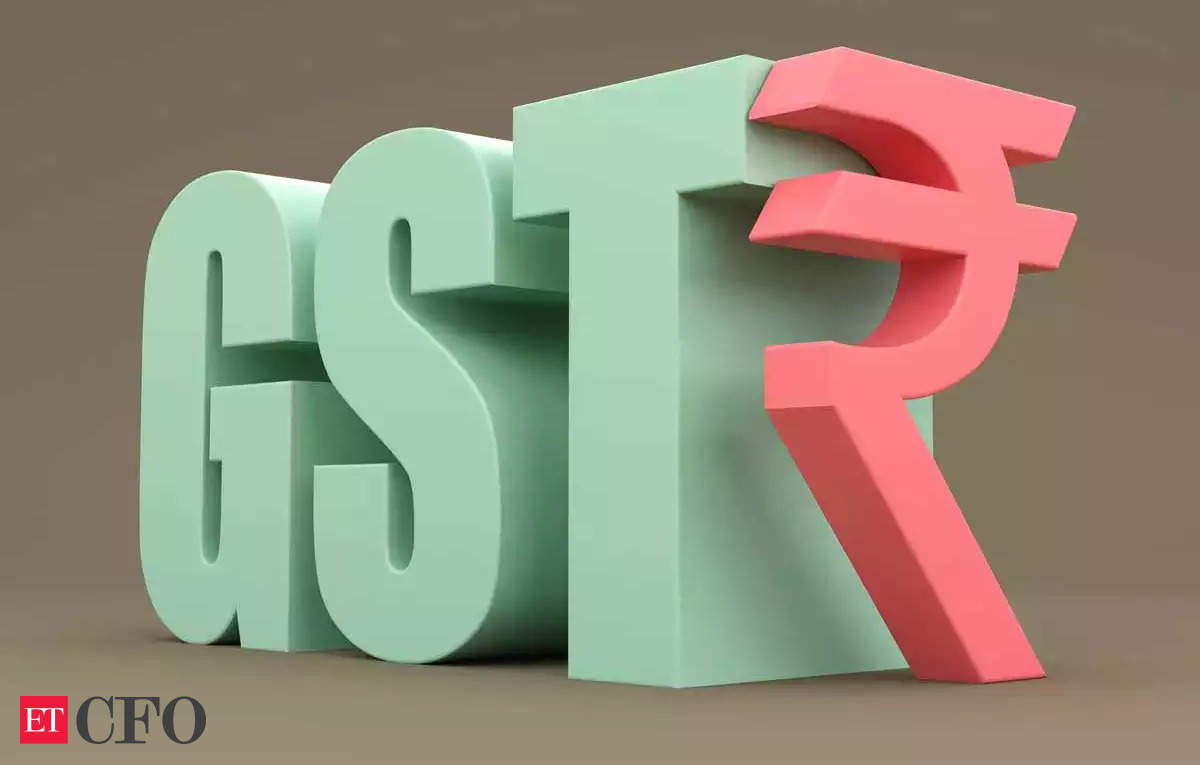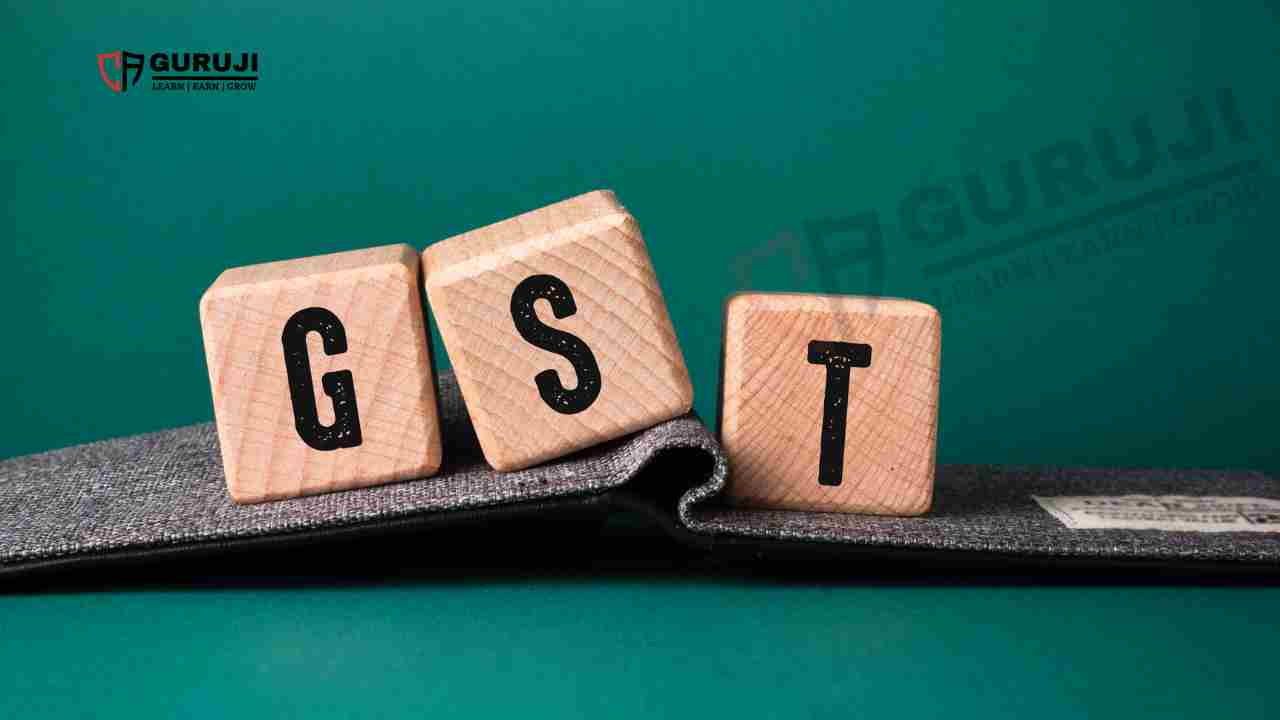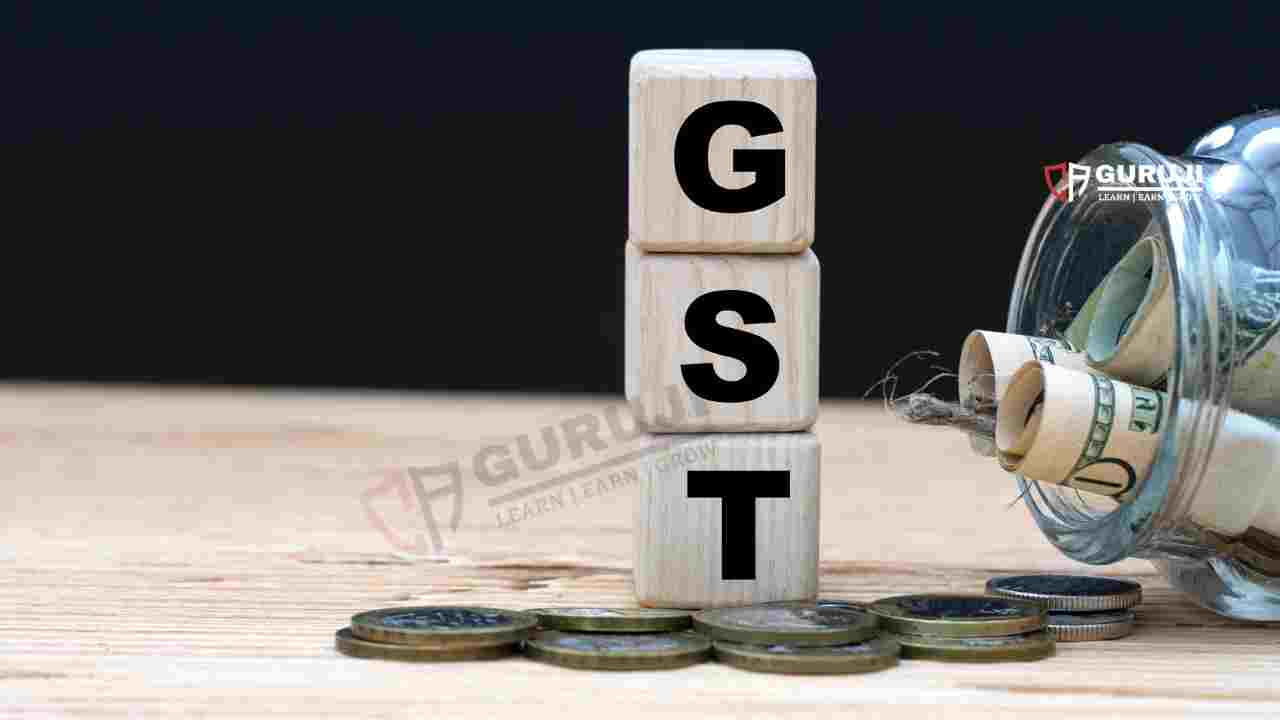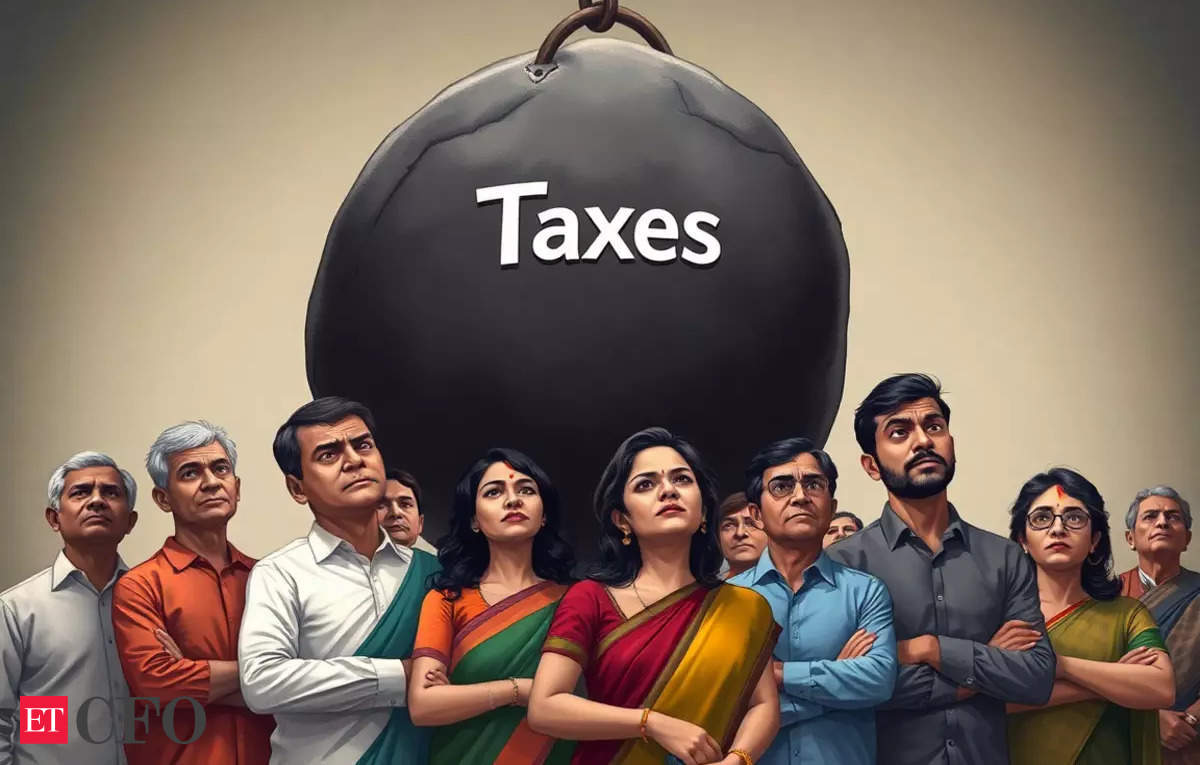The Central Board of Indirect Taxes and Customs (CBIC), under the Ministry of Finance, Department of Revenue, issued Instruction No. 01/2024-GST on May 30, 2024, to address the guidelines for the initiation of recovery proceedings under the Central Goods and Services Tax Act, 2017 (CGST Act).
This instruction is directed to all Principal Chief Commissioners, Chief Commissioners, Principal Commissioners, Commissioners of Central Tax, and Principal Directors General and Directors General of Central Tax. The guidelines aim to ensure uniformity and adherence to the law while balancing revenue protection and business operations.
Triggers for Recovery Proceedings
Recovery proceedings under GST are initiated when a taxpayer fails to comply with the payment of:
- Tax Dues: Any tax due under the GST law.
- Interest: On delayed payment of tax.
- Penalty: For violations of GST provisions.
- Any Other Amount: Other dues under the GST Act.
Guidelines for Initiation of Recovery Proceedings
Key Provisions
- Section 78 of the CGST Act:
- Standard Period: Tax payable must be paid within three months from the date of service of the order.
- Early Payment: If necessary, the proper officer can require payment within a shorter period, provided reasons are recorded in writing.
- Section 79 of the CGST Act:
- Empowers the proper officer to recover any outstanding amount through various modes if the amount is not paid within the specified period.
Proper Officer’s Role
- General Rule: Recovery proceedings should commence only after the lapse of the three-month period following the service of the order.
- Early Recovery: Allowed only when essential for revenue protection, with the proper officer required to justify the need in writing.
Recovery Mechanisms
1. Adjustment Against Refunds (Section 79(1)(a))
The tax authorities can adjust any pending dues against refunds due to the taxpayer, ensuring quick recovery without further administrative steps.
2. Detention of Goods and Conveyance (Section 129)
Authorities can detain or seize goods and the conveyance used for transportation if transported without proper documentation. The release is subject to payment of tax and penalty.
3. Auction of Goods and Property (Section 79)
If dues are not paid, authorities can auction the taxpayer’s movable and immovable properties to settle the outstanding amounts.
4. Garnishment Proceedings (Section 79(1)(c))
Authorities can instruct any person who owes money to the taxpayer to pay the dues directly to the government, bypassing the taxpayer.
5. Attachment of Bank Accounts (Section 83)
The Commissioner can provisionally attach the taxpayer’s bank accounts and other property to secure the government’s interest in case of tax evasion or significant dues.
6. Prosecution and Penalties
For severe cases of fraud, misrepresentation, or suppression of facts, authorities can initiate prosecution against the defaulter, imposing penalties, including imprisonment.
Early Recovery Proceedings
Approval for Early Recovery
- Authority: Only the jurisdictional Principal Commissioner or Commissioner can approve early recovery.
- Justification: Must examine the justification provided by the Deputy or Assistant Commissioner and, if satisfied, record written reasons based on credible evidence, such as potential closure of business or financial instability.
Considerations
- Taxpayer’s Financial Health: Consider the taxpayer’s financial health, business operations, and credibility.
- Balanced Approach: Ensure a balance between revenue protection and facilitating business operations.
New Feature on GST Portal: Requesting a Personal Hearing
The GSTN has enabled a feature allowing taxpayers to request a personal hearing while replying to GST DRC-01. Taxpayers can now choose ‘Yes’ or ‘No’ for a personal hearing when submitting their response to GST DRC-01, ensuring a more interactive and fair resolution process.
Click Here to Read detailed Instruction
Subject: Guidelines for initiation of recovery proceedings before three months from the date of service of demand order- regarding
Attention is invited to sub-section (1) of section 79 of the Central Goods and Services Tax Act, 2017 (hereinafter referred to as the `CGST Act’), which provides that where any amount payable by a person to the Government under any of the provisions of CGST Act or Rules made thereunder is not paid, the proper officer shall proceed to recover the amount by one or more of the modes specified in the said sub-section. Attention is further invited to Section 78 of the CGST Act, which provides for the time for initiation of such recovery proceeding. These sections are reproduced below for ease of reference
Section 78: Initiation of recovery proceedings.- Any amount payable by a taxable person in pursuance of an order passed under this Act shall be paid by such person within a period of three months from the date of service of such order failing which recovery proceedings shall be initiated: Provided that where the proper officer considers it expedient in the interest of revenue, he may, for reasons to be recorded in writing, require the said taxable person to make such payment within such period less than a period of three months as may be specified by him.”
“Section 79: Recovery of tax.-
“1. Where any amount payable by a person to the Government under any of the provisions of this Act or the rules made thereunder is not paid, the proper officer shall proceed to recover the amount by one or more of the following modes, namely:-
1.2 On reading the above sections, it becomes clear that the general rule for initiating recovery proceedings is that, where any amount payable by a taxable person in pursuance of an order passed under the CGST Act is not paid within a period of three months from the date of service of such order, recovery proceedings shall be initiated by the proper officer only after the expiry of the said period of three months.
1.3 Only in exceptional cases, where it is necessary in the interest of revenue, the proper officer may require the said taxable person to pay the said amount within a period less than the period of three months from the date of service of the order, as may be specified by him, after recording the reasons for doing so in writing. If the said amount is not paid by the said taxable person within the period specified by the proper officer under the proviso to section 78 of CGST Act or even after the expiry of three months from the date of the service of the order, the same can then be recovered by the proper officer as per provisions of sub-section (1) of section 79 of CGST Act.
2. It has been brought to the notice of the Board that some of the field formations are initiating recovery before the specified period of three months from the date of service of the order, even in the cases where the taxable person has not been specifically required by the proper officer, for reasons to be recorded in writing, for payment of such amount within a period less than the period of three months from the date of service of the order. Therefore, in order to ensure uniformity in the implementation of the provisions of law across the field formations, the Board, in exercise of its powers conferred by section 168 of the CGST Act, hereby issues the following instructions to be followed in cases where it is necessary, in the interest of revenue, to initiate recovery before the period of three months from the date of service of the order.
3.1 As per Circular No. 3/3/2017- GST dated the 5th July 2017, the proper officer for recovery under Section 79 of the CGST Act is the jurisdictional Deputy or Assistant Commissioner of Central Tax. It is also mentioned that the proper officer under proviso to Section 78 is the jurisdictional Principal Commissioner/ Commissioner of Central Tax.
3.2 Therefore, while recovery proceedings under sub-section (1) of section 79 of CGST Act are required to be undertaken by the jurisdictional Deputy or Assistant Commissioner of Central Tax, however, in the cases, where it is felt that recovery proceedings in respect of an amount payable by a taxable person in pursuance of an order need to be initiated in the interest of revenue before completion of three months from the date of service of the order, the matter needs to be placed by the jurisdictional Deputy or Assistant Commissioner of Central Tax before the jurisdictional Principal Commissioner/ Commissioner of Central Tax, along with the reasons/ justification for such an action. The jurisdictional Principal Commissioner/ Commissioner of Central Tax shall examine the reasons/ justification given by the jurisdictional Deputy or Assistant Commissioner at the earliest and if he is satisfied that it is expedient in the interest of revenue to ask the said taxable person to pay the said amount before completion of three months from the date of service of the order, he must record in writing, the reasons as to why the concerned taxable person is required to make payment of such amount within such period, less than a period of three months, as may be specified by him. After recording such reasons in writing, he may issue directions to the concerned taxable person to pay the said amount within the period specified by him in the said directions. Copy of such directions must also be sent to the jurisdictional Deputy or Assistant Commissioner of Central Tax for information.
3.3 It is further mentioned that jurisdictional Principal Commissioner/ Commissioner of Central Tax should provide the specific reason(s) for asking the taxable person for early payment of the said amount, clearly outlining the circumstances prompting such early action. Such reasons could include high risk to revenue involved in waiting till the completion of the three month period due to apprehension that the concerned taxable person may close the business operations in near future, or due to possibility of default by the taxable person due to his declining financial conditions or impending insolvency, or likely initiation of proceedings under Insolvency and Bankruptcy Act, etc. Reasons to believe for the apprehension of risk to revenue should be based on credible evidence, which may be kept on record to the extent possible. While issuing any such directions, the proper officer must duly consider the financial health, status of business operations, infrastructure, and credibility of the taxable person, and strike a balance between the interest of the revenue and ease of doing business. It is implicit that such directions for early payment of the confirmed demand should not be issued in a mechanical manner, and must be issued only in cases where interest of revenue is required to be safeguarded due to specific apprehension/ circumstances in the said case.
3.4 Wherever such directions are issued by the jurisdictional Principal Commissioner/Commissioner of Central Tax as per powers conferred under proviso to section 78 of CGST Act, and where the taxable person fails to make payment of the said amount within the period specified in the said directions, the jurisdictional Deputy or Assistant Commissioner of Central Tax shall proceed to recover the said amount as per the procedure specified in subsection (1) of section 79 of CGST Act.
4. Difficulties, if any, in implementation of these instructions may be informed to the Board (gst-cbec@gov.in).
Brief of Instructions:
Guidelines for Initiation of Recovery Proceedings Before Three Months from the Date of Service of Demand Order
The Central Board of Indirect Taxes and Customs (CBIC) has issued Instruction No. 01/2024-GST on May 30, 2024, to provide guidelines for initiating recovery proceedings under the Central Goods and Services Tax Act, 2017 (CGST Act). This instruction is directed at all Principal Chief Commissioners, Chief Commissioners, Principal Commissioners, Commissioners of Central Tax, and Principal Directors General and Directors General of Central Tax.
Key Provisions and Clarifications
Attention is Invited to the Following Sections:
Section 78: Initiation of Recovery Proceedings
- Standard Rule: Any amount payable by a taxable person in pursuance of an order passed under this Act must be paid within three months from the date of service of the order. If the payment is not made, recovery proceedings shall be initiated.
- Exception: If the proper officer deems it necessary for revenue protection, they may require payment within a shorter period, with reasons recorded in writing.
Section 79: Recovery of Tax
- Recovery Methods: If the amount due is not paid within the specified period, the proper officer will recover the amount using one or more methods, such as:
- Adjustment against refunds
- Detention of goods
- Auction of property
- Garnishment proceedings
- Attachment of bank accounts
General Guidelines for Recovery Proceedings
- Initiation of Recovery Proceedings:
- The general rule is that recovery proceedings should be initiated only after the lapse of three months from the date of service of the demand order.
- Early Recovery:
- In exceptional cases where early recovery is necessary to protect revenue, the proper officer may require payment within a period shorter than three months. This decision must be justified with written reasons based on credible evidence, such as the risk of business closure, financial instability, or impending insolvency of the taxpayer.
- Role of Proper Officers:
- Jurisdictional Deputy or Assistant Commissioner of Central Tax: Responsible for recovery under Section 79.
- Jurisdictional Principal Commissioner or Commissioner of Central Tax: Responsible for approving early recovery actions. They must examine the justification provided by the Deputy or Assistant Commissioner and, if satisfied, provide written reasons for early payment.
- Considerations for Early Recovery:
- The proper officer must consider the taxpayer’s financial health, business operations, and credibility before directing early payment.
- Directions for early payment should not be issued mechanically but only when specific circumstances necessitate revenue protection.
Specific Instructions for Early Recovery
- Submission and Approval Process:
- The Deputy or Assistant Commissioner must place the matter before the Principal Commissioner or Commissioner with reasons for early recovery.
- The Principal Commissioner or Commissioner will examine the justification and, if satisfied, record the reasons in writing and issue directions for early payment.
- Criteria for Early Recovery:
- Reasons for early recovery could include:
- High risk to revenue due to potential closure of business operations
- Declining financial conditions of the taxpayer
- Possibility of default due to impending insolvency
- Likely initiation of proceedings under the Insolvency and Bankruptcy Act
- Reasons for early recovery could include:
- Recovery Actions:
- If the taxable person fails to make the early payment as directed, the jurisdictional Deputy or Assistant Commissioner shall proceed with recovery as per the provisions of Section 79.
Conclusion
These guidelines ensure that recovery actions are taken fairly and uniformly, balancing revenue protection with the financial health of businesses. The instruction emphasizes the importance of credible evidence and proper justification for any deviation from the standard procedures, ensuring consistency across field formations.
Feedback
Any difficulties in implementing these instructions should be informed to the Board at gst-cbec@gov.in.
Issued by:
F.No. CBIC-20016/9/2024-GST
Government of India
Ministry of Finance
Department of Revenue
Central Board of Indirect Taxes and Customs
GST Policy Wing
New Delhi
Visit www.cagurujiclasses.com for practical courses











